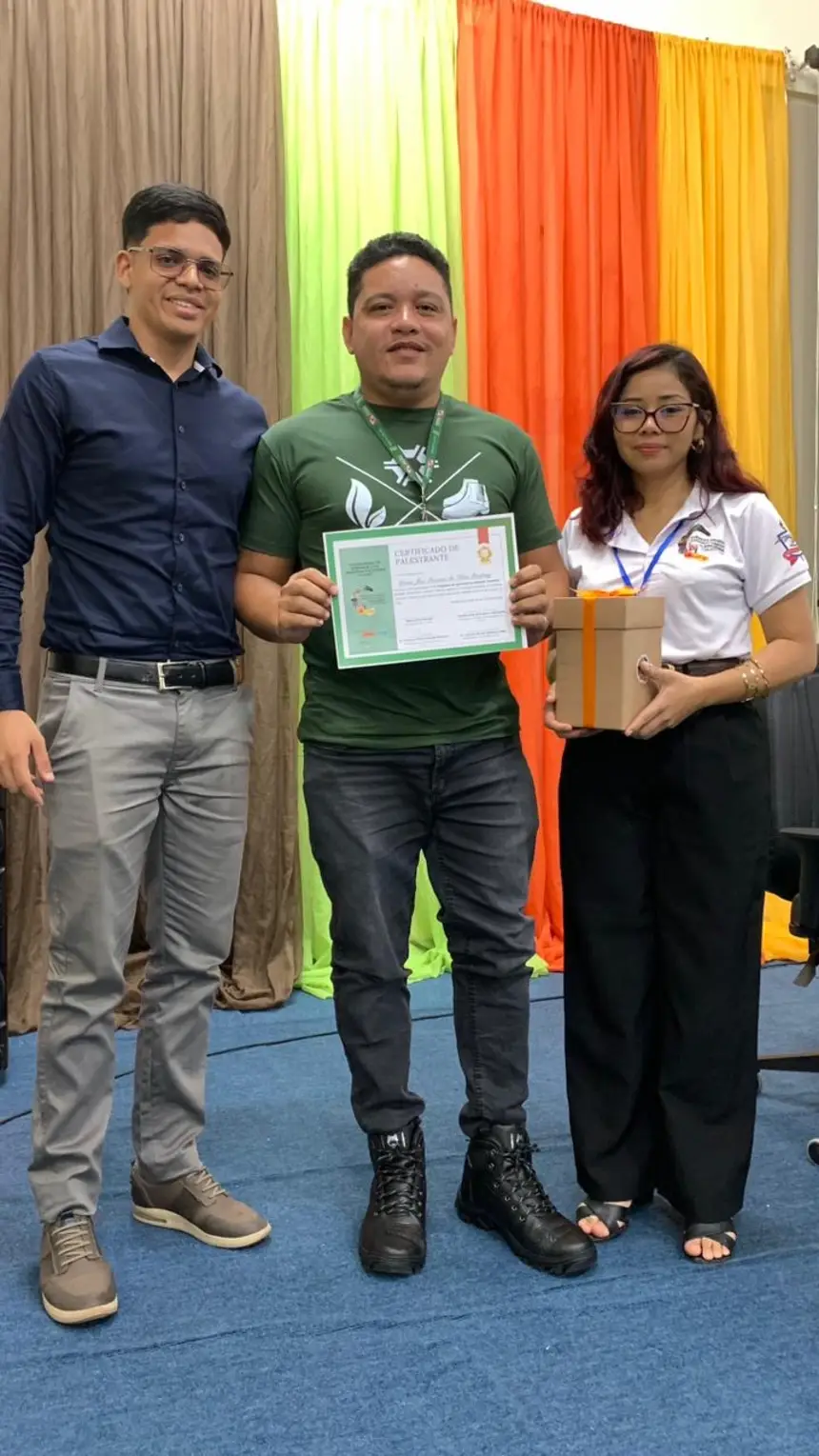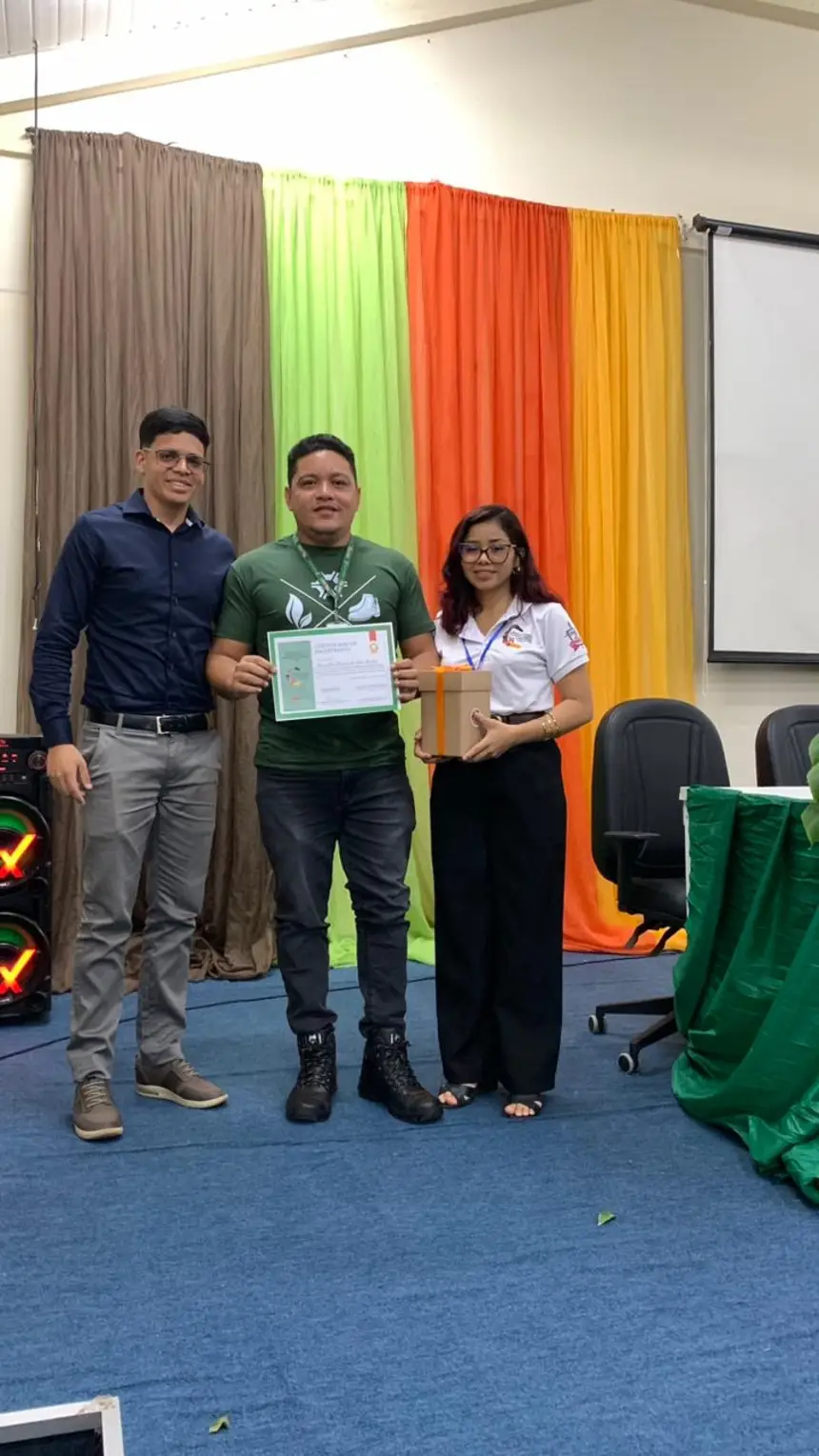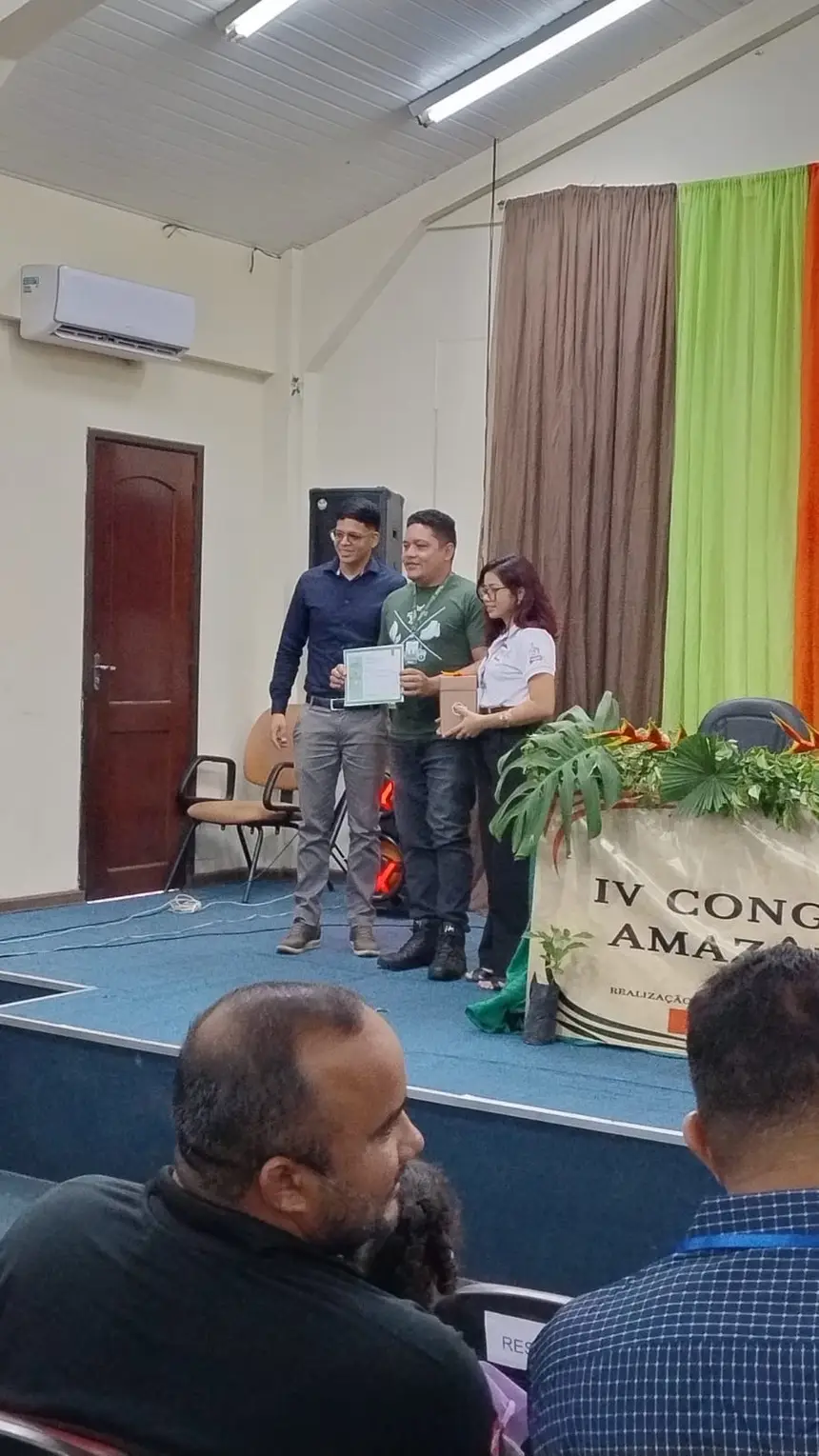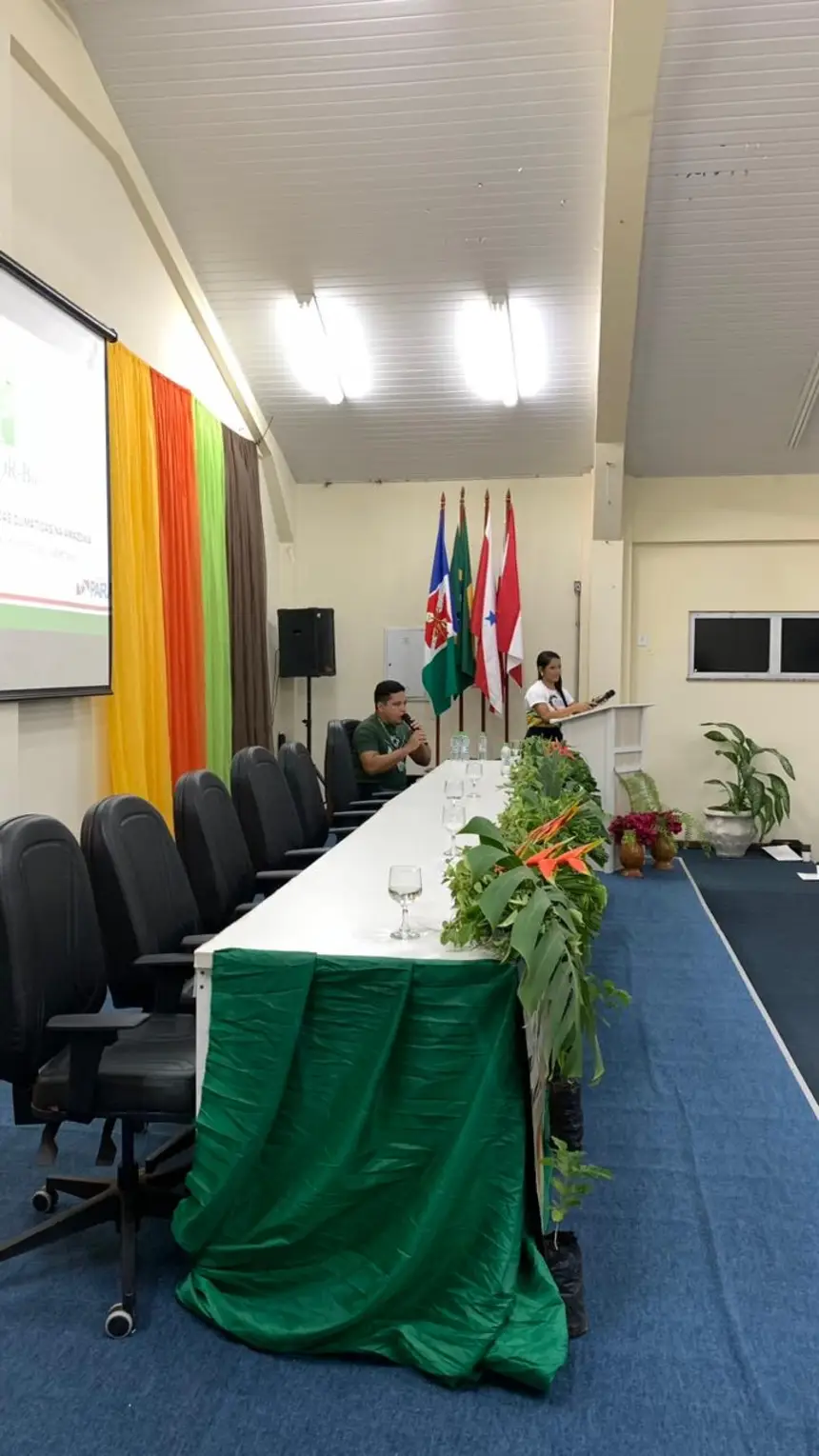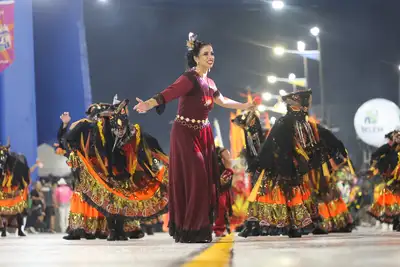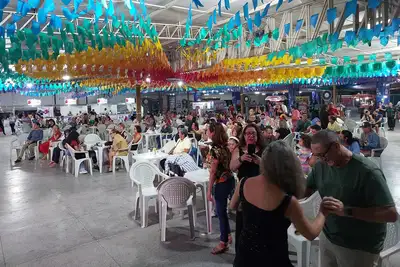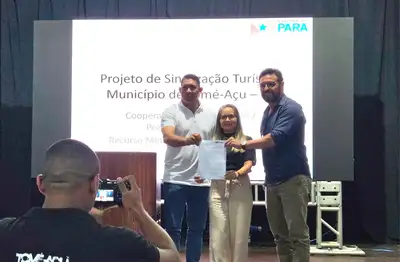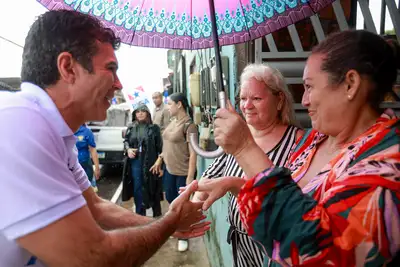Ideflor-Bio highlights the role of Agricultural Sciences in facing climate change
The event brings together students, researchers, and professionals in the field, with the central theme 'Agricultural Sciences and Climate Change in the Tocantins Amazon: Paths to Sustainable Production'
The Institute of Forest Development and Biodiversity of Pará (Ideflor-Bio) participated, on Monday (20), in the opening of the IV Congress of Agronomy of the Tocantins Amazon (IV Caat), held at the Tocantins University Campus of the Federal University of Pará (UFPA), in Cametá, northeastern Pará. The event, which continues until Wednesday (22), brings together students, researchers, and professionals in the field to discuss “Agricultural Sciences and Climate Change in the Tocantins Amazon: Paths to Sustainable Production.”
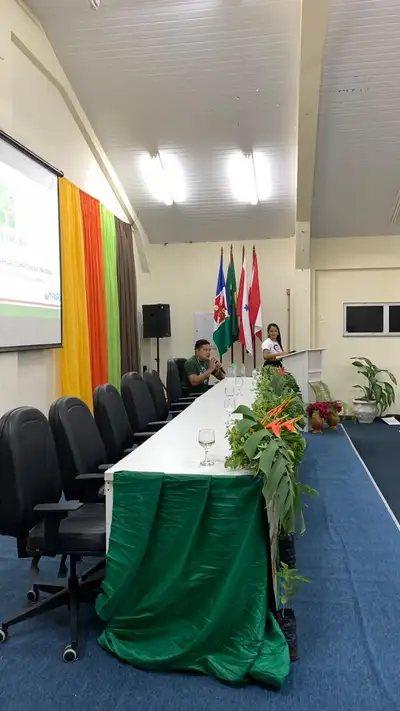
Representing Ideflor-Bio, agronomist and environmental analyst Bruno Martinez delivered the opening lecture, addressing the challenges and opportunities of Agricultural Sciences in the face of climate change in the Amazon. In his presentation, the analyst highlighted the strategic role of the agency in implementing public policies aimed at biodiversity conservation and strengthening sustainable practices in the field.
The speaker emphasized the importance of conservation units as essential instruments for the protection of natural resources and the hydrological cycle. Bruno Martinez reminded that the maintenance of these ecosystems is vital for climate regulation and water security in the region, as well as ensuring conditions for agriculture adapted to new environmental scenarios.
Climate justice - He also emphasized the work of Ideflor-Bio in projects that directly benefit traditional peoples and communities, recognized as the most vulnerable to the impacts of climate change. According to him, the appreciation of local knowledge and social inclusion are fundamental components of a fair and lasting ecological transition.
“Agricultural Sciences play a decisive role in the adaptation and mitigation of climate change in the Amazon. Through conservation units, we protect the water cycle and ensure the ecological basis of production. At the same time, we seek to strengthen the livelihoods of traditional communities and encourage sustainable productive practices, such as agroforestry systems, which combine forest, agriculture, and climate resilience,” emphasized Bruno Martinez.
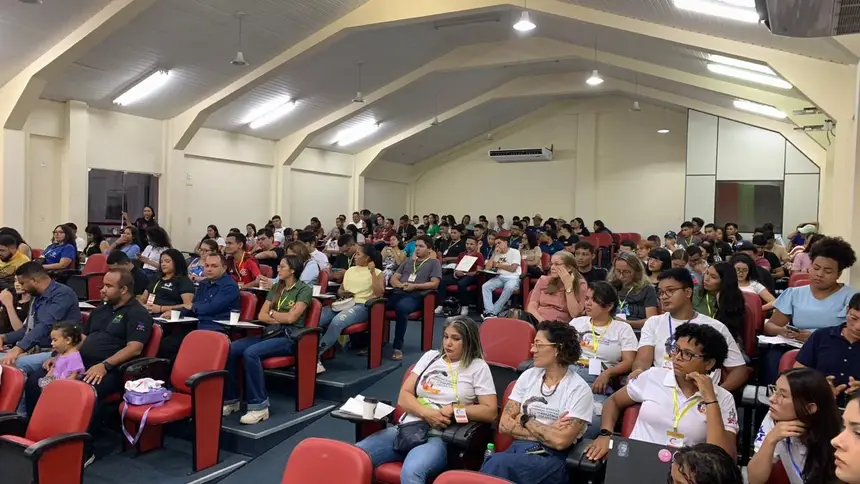
He also addressed the need to adopt resilient cultivation systems, highlighting agroforestry systems (SAFs), capable of reconciling agricultural production, recovery of degraded areas, and biodiversity conservation. “These productive models represent the future of agriculture in the Amazon, as they harmoniously and sustainably integrate trees, agricultural crops, and environmental conservation,” added the environmental analyst.



